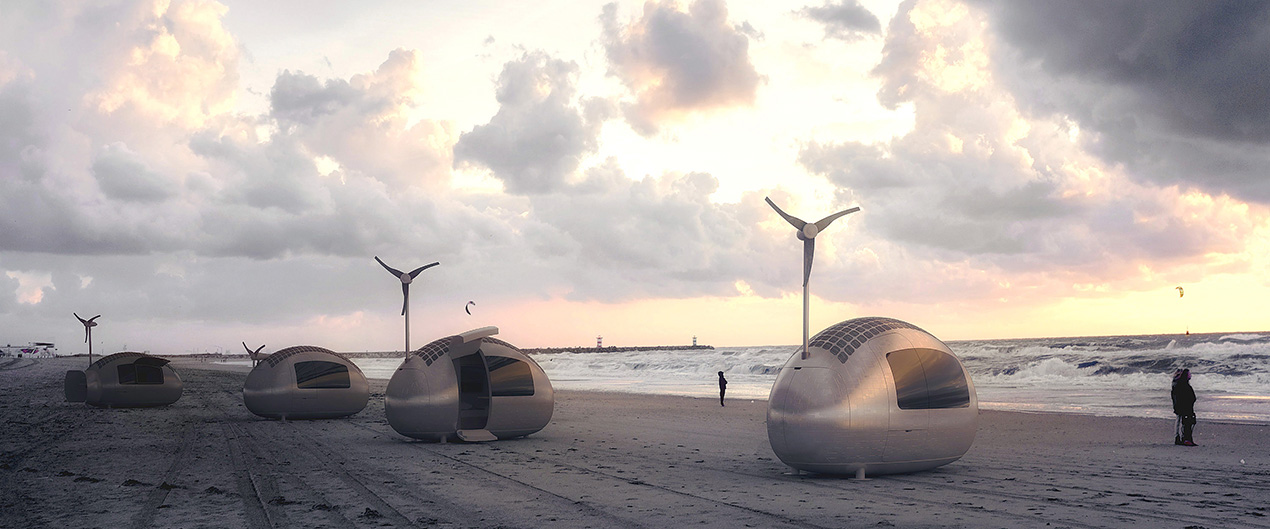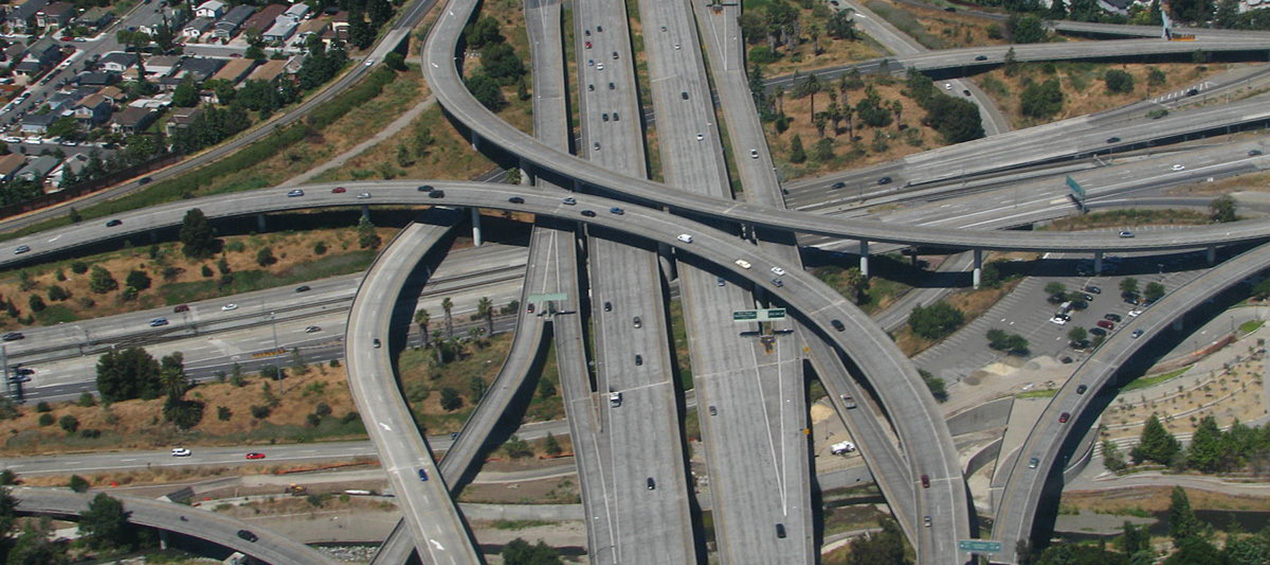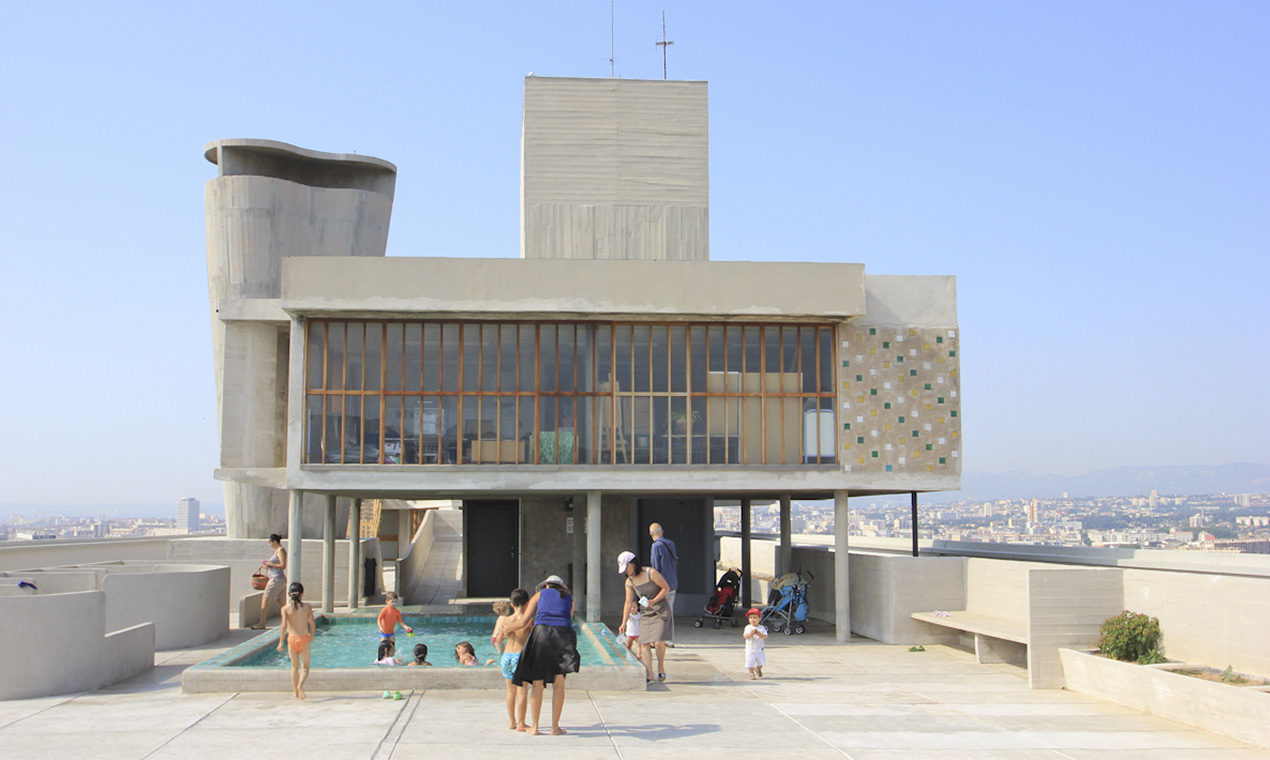Coworking and the future of cities
The second half of the 20th century and the beginning of the 21st have seen the most important technological revolution of all time. The Internet exploded and has helped make society more connected, has made large amounts of information available in real time and the cloud a work tool or for developing services and products. The coming decades show promise to be exciting when it comes to technological advances: self-driving cars, drones, machine learning, big data, etc. Nowadays, it's not easy to filter tonnes of technological data that we're subject to every day. In an interview with the BBC, Nicholas Carr, offers an interesting reflection on the role that technology will have in the society's future.
Remote working is one of the areas that has grown thanks to the Internet revolution. Coworking has turned out to be a fortunate structure for professionals, who, in addition to seeking a work environment, wish to establish links with the community that is found in this type of space.
All these changes will have an impact on current city models. It is predicted that 66% of the global population will be living in cities by 2060. Calculations suggest that there will be more than 40 cities with more than 10 million inhabitants in 2030 (Source: un.org). This scenario means that one of the main objectives for the 21st century is making this growth sustainable. What role will technology and new work models play in the city of the future? Making predictions is not easy, as the rhythm of technology, science and cities is very different. A new iPhone on the market can replace previous models in very little time, whereas in cities there are numerous layers left over the centuries.
The cities' future lies in making decisions about existing models and making new proposals, about:
- Urban/rural: There was recently news about an “ecocapsule”, which can be installed anywhere. But, is it really "eco" scattering people across the land? We could get some clues from just walking through a rural barbecue area. On the other hand, there are increasingly more initiatives that aim to recover rural towns sustainably. Coworking also has its place in this type of project, such as Le Mutinere Village (Paris, France) or Crearium in (Monzón, Spain).

- Commuting: Many large cities currently still have a central model, which forces their inhabitants to travel to the centre every day to work. In London, the "average" commute time is "74.2 minutes". London city's population multiplies by 56 during a normal work day. Work delocalisation, changes to transport methods and business structures influence in decentralizing and generating diversified multi-centres, in which coworking spaces are neighbourhood services, thus reducing commute times and car usage.

- Vertical vs Horizontal: In my opinion, future cities will be more compact and vertical. Growing upwards means that less ground is eaten up, and energy use and commute times reduce, which are produced in "oil stain" models. Developing new growth models must have a multi-disciplinary vision that generates integral solutions that are open to complex problems.

- Zonification vs use inclusion: Separating uses in cities hinders interaction between citizens and therefore the appearance and consolidation of communities with a feeling of identity. In coworking spaces, the space's physical layout with common areas that promote "collisions", open work areas or event areas where the community can meet are positive in promoting communication. In this sense, it is the same with regard to uses in cities, where the mixture of uses from the scale of the building, block and neighbourhood is favourable to creating relationships between its inhabitants. Coliving models are starting to appear on different parts of the planet, often reminiscent of the modern movement approach.

How do you think coworking will change your city?
Related stories
Global Coworking Trends and Opportunities for 2025
Now well into 2025, the coworking industry continues to demonstrate strong momentum. With demand for coworking spaces remaining steady around the globe, it's clear that coworking is not just enduring—it's thriving. Let’s explore the major trends and opportunities shaping the global coworking landscape this year.
Creating Events that Drive Community Engagement in Coworking Spaces
Community is everything in coworking, but a genuine sense of connection between members doesn’t magically happen overnight or by chance. Often, meaningful relationships take intentionality, effort, and time to build, with events being an effective vehicle for bringing people together around shared interests, goals, and experiences, creating opportunities for collaboration, and a thriving coworking culture. This article looks at creating events that drive community engagement in coworking spaces.
Liz Elam: ‘Community is the number one amenity in coworking spaces’
A household name in the global coworking industry, Liz Elam, is the founder of one of the world’s best coworking event series: GCUC. Liz’s coworking roots began in 2010, when she established Link Coworking – a welcoming, affordable, and professional coworking space – in her hometown of Austin, Texas. Link Coworking achieved incredible success, expanding across three locations and becoming the fourth-largest coworking brand in Austin. It was sold in 2019, making Liz the first woman globally to exit a coworking brand.
Is Hot Desking Right for Your Business? Pros & Cons of Flexible Workspaces
Hot desking has become one of the go-to solutions for businesses seeking flexibility and cost efficiency. It supports hybrid working models, boosts collaboration and reduces office overheads. But hot desking isn’t right for everyone.
Key Takeaways from the Coworking Alliance Summit 2025
Gathering online for the Coworking Alliance Summit last week, members of global coworking alliances, coworking spaces, and community leaders came together to navigate global issues, strengthen ties across the coworking industry, and work collectively towards future goals.
5 Ways to Reduce Noise in Open Offices & Coworking Spaces
Some people like working against a background of noise, while for others it’s their worst work nightmare. The truth is, our relationship with noise depends on our own preferences and the nature of our work.
Key takeaways from the Workspace Design Show 2025
London’s Workspace Design Show is undoubtedly one of the best coworking events of 2025. For one, the exhibition (held at Islington’s Business Design Centre) features a host of innovative and creative workspace design solutions tailored to the needs of modern workplaces.
What Is Workplace Management and Why Does It Matter?
There has always been a need for workplace management – the process of organising and optimising physical spaces, resources, and operations to support people’s needs. But, as 28% of UK working adults were reported to work in a hybrid capacity last autumn (by the Office for National Statistics), the question of ‘why workplace management matters’ is more critical than ever. Let’s look at the workplace management benefits for your operations.
10 Smart Goals for your Coworking Space: How to Set & Achieve Business Objectives
Coworking is synonymous with creativity, collaboration and productivity. Businesses and freelancers love coworking spaces because (by surrounding themselves with fellow workers) they’re more likely to achieve their goals. The coworking environment, while social, is set up to facilitate focused, distraction-free working.
The Best Coworking Events in 2025: Must-Attend Gatherings for Professionals
Managing coworking spaces is an all-encompassing role, often leaving operators, owners, and community managers with little time to focus on personal growth or draw inspiration from others.

